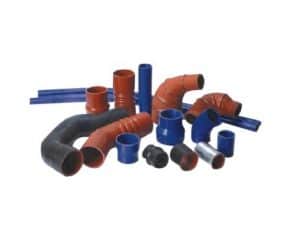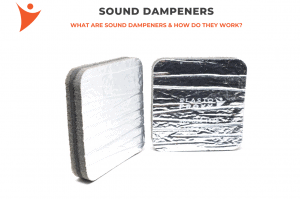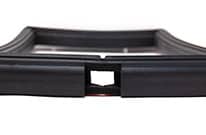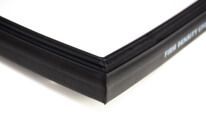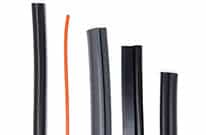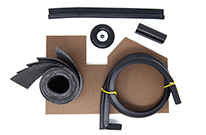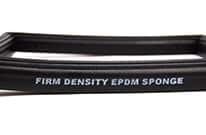COVID-19, the novel coronavirus, is disrupting manufacturing supply chains around the world. Recently, the Center for Industrial Research and Service (CIRAS) at Iowa State University published a checklist for supply chain disruption planning. This checklist is especially helpful – and realistic – because it covers a continuum of concerns. As a manufacturer, here are some things to ask, answer, and consider.
Is Your Supply Chain Already Effected?
If you were buying products from China or Italy, then the answer is undoubtedly “yes”. If your supply chain includes sources in U.S. states like California or New York, the answer may be unclear. As CIRAS explains in its checklist, it’s important to consider both short-term and long-term impacts in your decision making. If your supplier is still on-line, do they have enough inventory and production capacity to meet your current sales forecasts? If you need to buy more than planned, will you need to find a second source?
Are You Anticipating Disruptions Instead?
In its checklist, CIRAS recommends regular communication with your suppliers, carriers, and other partners. You’ve probably received plenty of “we’re monitoring the coronavirus” emails by now, but do they provide the specifics that you need to make business decisions? CIRAS also recommends building your raw material inventories, securing production and transportation capacity, and designating someone at your company to monitor breaking news in terms of potential supply chain impacts.
Calculate Your Total Cost of Ownership.
It may seem challenging to look beyond the current crisis, but long-distance supply chains carry inherent risks. There are hidden costs as well. As the Reshoring Initiative® explains, “many companies make sourcing decisions based solely on price, oftentimes resulting in a 20 to 30 percent miscalculation of actual offshoring costs.” Use the Total Cost of Ownership Estimator® to determine your true costs. You can also use this tool when your business goes head-to-head against overseas competition.
Mitigate Your Risks.
Supply chain disruptions aren’t your only concerns right now but remember that they’re not stand-alone problems either. If you’re ISO 9001:2015 certified or thinking about achieving this certification, it’s important to realize that this standard emphasizes a risk-based approach over preventive action. To mitigate supply chain risks, consider dual sourcing for critical components. Even if you determine that that your total cost of ownership leads you overseas, the current crisis highlights the value of local suppliers.
Let’s Talk About Supply Chain.
Elasto Proxy fabricates industrial rubber and plastic products such as custom gaskets and thermal and acoustical insulation. We also stock hundreds of feet of rubber profiles that you can cut and bond yourself. In addition, we supply custom molded parts like vibration mounts, rubber bumpers, silicone connectors for diesel engines, and the pedal pads on hospital beds.
Our supply chain is global, and not limited to Asia – a particulary hard-hit region during the COVID-19 crisis. Most of our manufacturing happens at our global headquarters near Montreal, Canada, but we also have fabriation capabilities in Simpsonville, South Carolina (USA). Elasto Proxy maintains warehouses in Canada, the United States, and Europe.
Whether you’re an existing customer or a potential buyer, we invite you to contact us. Let’s have a conversation about the industrial rubber and plastic products that you need and how we may be able to assist during this unprecedented period of supply chain disruption.

